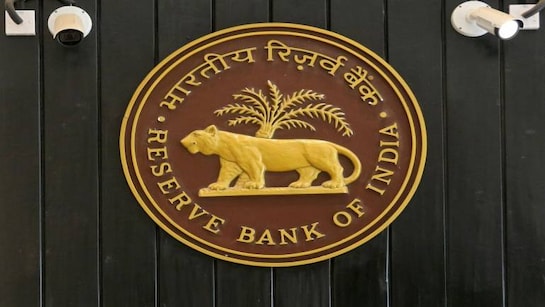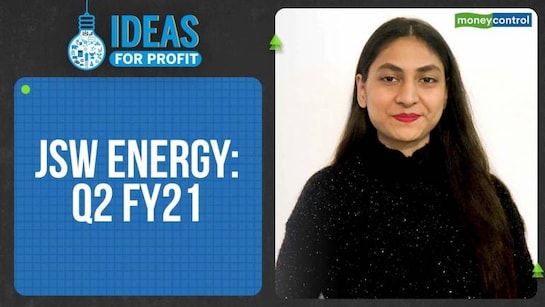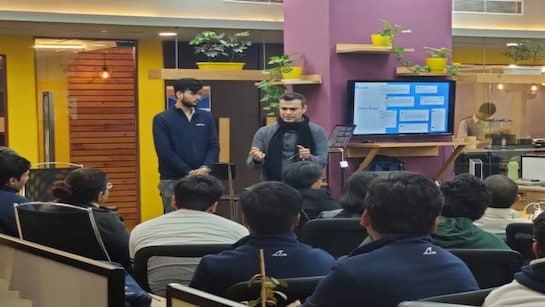South Africa vs England: First ODI postponed as Proteas player tests positive for COVID-19
Cricket South Africa said one of the South African players had tested positive for COVID-19 after the teams’ last round of scheduled testing was performed ahead of the first ODI
Dec 4, 2020 / 04:25 PM IST
The first ODI between South Africa and England has been postponed to December 6 (AP Photo/Halden Krog)
The first One Day International (ODI) between South Africa and England scheduled for December 4 at Newlands, Cape Town, has been postponed to December 6 after a 'Proteas' player tested positive for COVID-19.
In a series of tweets, Cricket South Africa (CSA) said the South African player tested positive for the infectious disease "after the teams’ last round of scheduled testing performed on Thursday (December 3)" ahead of the first ODI.
“In the interests of the safety and well-being of both teams, match officials, and all involved in the match, the Acting CEO of CSA, Kugandrie Govender as well as the CEO of the ECB (England and Wales Cricket Board), Tom Harrison, have agreed to postpone the first fixture to Sunday,” CSA said in another tweet.
CSA did not immediately provide more information about which squad member had tested positive. According to a report by ESPNcricinfo, all players and support staff are set to undergo another round of tests on December 4. England had reportedly left their team hotel, but returned after they were informed about the postponement.
The two teams are scheduled to play two more ODI matches at the same venue on December 7 and 9. On December 1, England had completed a 3-0 sweep over the hosts in the Twenty20 International series.
Click here for Moneycontrol’s full coverage of the coronavirus pandemic












_2020091018165303jzv.jpg)



























